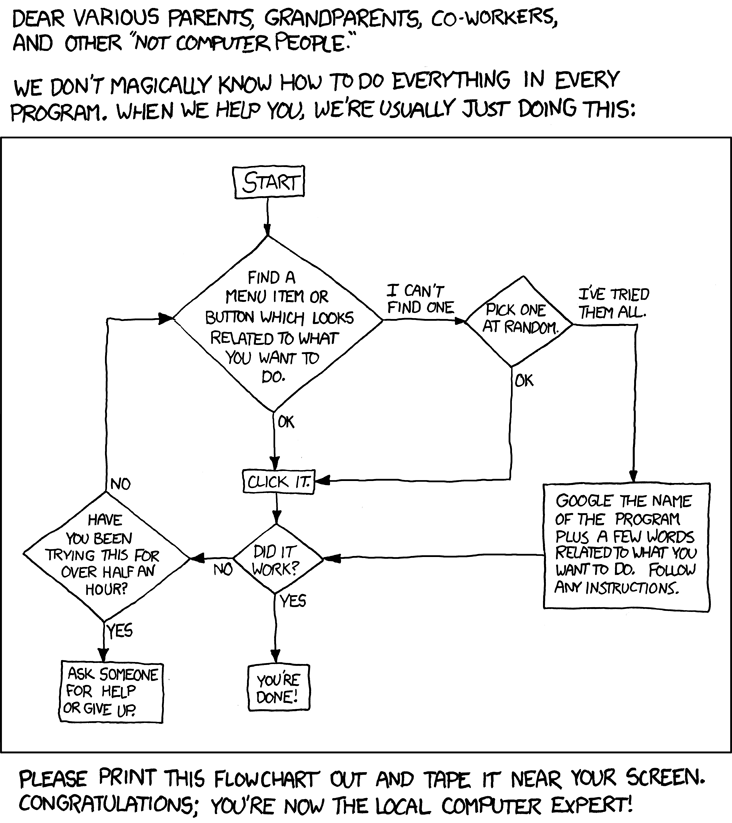They define a personal learning network as a "set of connections to people and resources both offline and online who enrich our learning." (page 2). While these have existed throughout history, the emergence and proliferation of electronic connections makes global networks possible and even easy. For students, this can shift the locus of learning outside of the classroom. Why should they listen to their physics teacher, when they can connect with physics experts throughout the world?
[T]he explosion of learning outside of school walls is too powerful to ignore.... [T]he idea of schooling as we currently know it will struggle to remain relevant in a networked world.... [S]chools need to plug into this vibrant worldwide network of learning to stay relevant and to prepare our children for a vastly different learning landscape. That means schools will need to embrace a form of learning that is fundamentally different from the one they have known. (page 3)The authors then develop their argument that personal learning networks are the key to this transition. They describe the positive effects of PLNs, how to become a networked learner, how to implement a networked classroom, and how to become a networked school. It is the first part of the book that I found most useful and that I suspect most teachers will as well. Understanding why and how to develop PLNs are the first steps toward helping students use them effectively.
Chapter 2 (Becoming a Networked Learner) includes instructions for joining Twitter, Diigo, Google Reader, Blogger, and Facebook. Each of these sections describes the tool, some of the advantages and disadvantages of it, and how to jump right in and start. I currently use all of these except Facebook for professional learning, and feel like they have certainly helped me make my transition from science teacher to educational technology teacher. These kind of connections can help any teacher, but are especially relevant for the isolated teacher: someone who doesn't have any colleagues teaching the same class at their own site.
The companion website has links to the resources listed in the book. I highly recommend this book (especially the first half) to anyone still wondering how technological development is affecting learning processes. If any of you would like to borrow this thin volume, please let me know.
